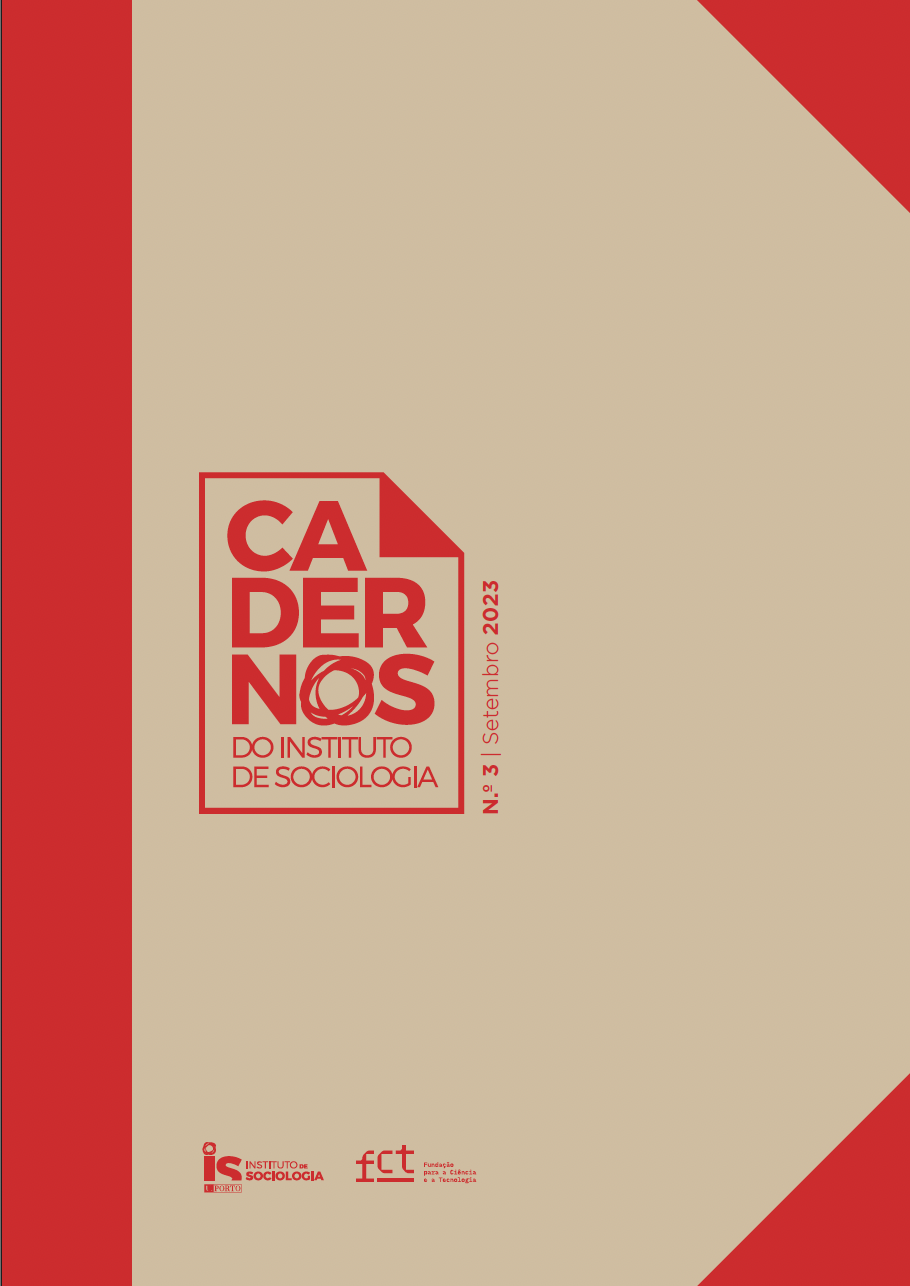POLITIZAÇÃO DE MÃES E IMPACTOS DA FINANCEIRIZAÇÃO NA ORGANIZAÇÃO DA VIDA NO BRASIL DE 2016 A 2019
Palavras-chave:
Teoria da Reprodução Social; Financeirização; Movimentos sociais.Resumo
Reprodução Social (Bhattacharya, 2017; Ferguson, 2020; Vogel, 2013), este artigo analisa movimentos sociais feministas brasileiros de mães, entre 2016 e 2019, com base num estudo de caso para explorar os impactos sociais das mediações financeiras para aceder à educação, reformas e saúde no interior das famílias. Parte-se da definição de financeirização de Lapavitsas (2013), que a explica como um processo complexo observado de formas diferentes em diversos espaços na contemporaneidade e que envolve o aumento de projeção do capital financeiro comm impacto no quotidiano. Diante de tal quadro, colocam-se questões sobre o impacto da mediação financeira para o acesso a bens e serviços básicos na atual organização da reprodução social, nomedamente: Quais são os impactos da desvinculação do Estado na reprodução social? Quais são as mudanças na vida das mães e como influenciam na sua mobilização política? Para responder a tais perguntas, a investigação conduzida combinou o quadro teórico com a proposta metodológica da pesquisa militante (Bringel & Varella, 2016), em análise tanto a partir de entrevistas realizadas com integrantes do Movimento Mães e Crias na Luta, como do estado da arte. Os principais resultados apontam para um aumento da carga de trabalho das mães, que precisam assumir tarefas antes mais partilhadas com o estado e performar trabalho remunerado para manter a subsistência familiar. Tal situação tanto retira tempo que estaria disponível para a militância política dessas mulheres, como também as impulsiona para pressionar coletivamente por mudanças. Assim, observou-se que a mobilização política do movimento estudado é entendida pelas integrantes como fundamental, daí estarem dispostas a fazê-la, ainda que exaustas.
Downloads
Publicado
Como Citar
Edição
Secção
Licença
Direitos de Autor (c) 2023 Gabriela Azevedo

Este trabalho encontra-se publicado com a Licença Internacional Creative Commons Atribuição-CompartilhaIgual 4.0.






